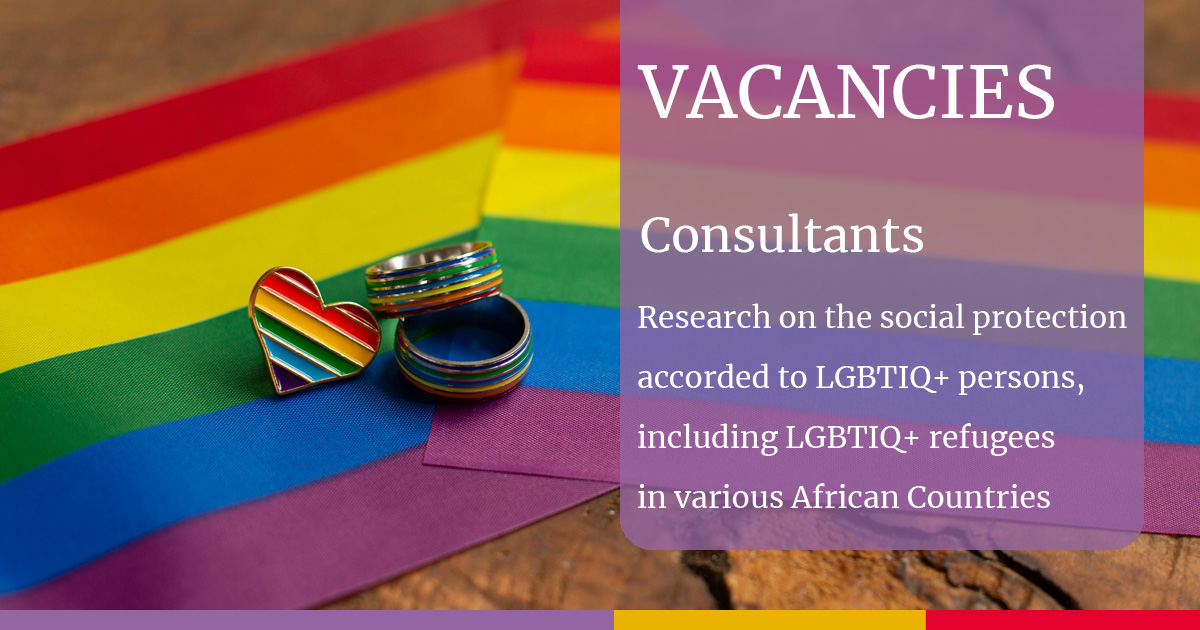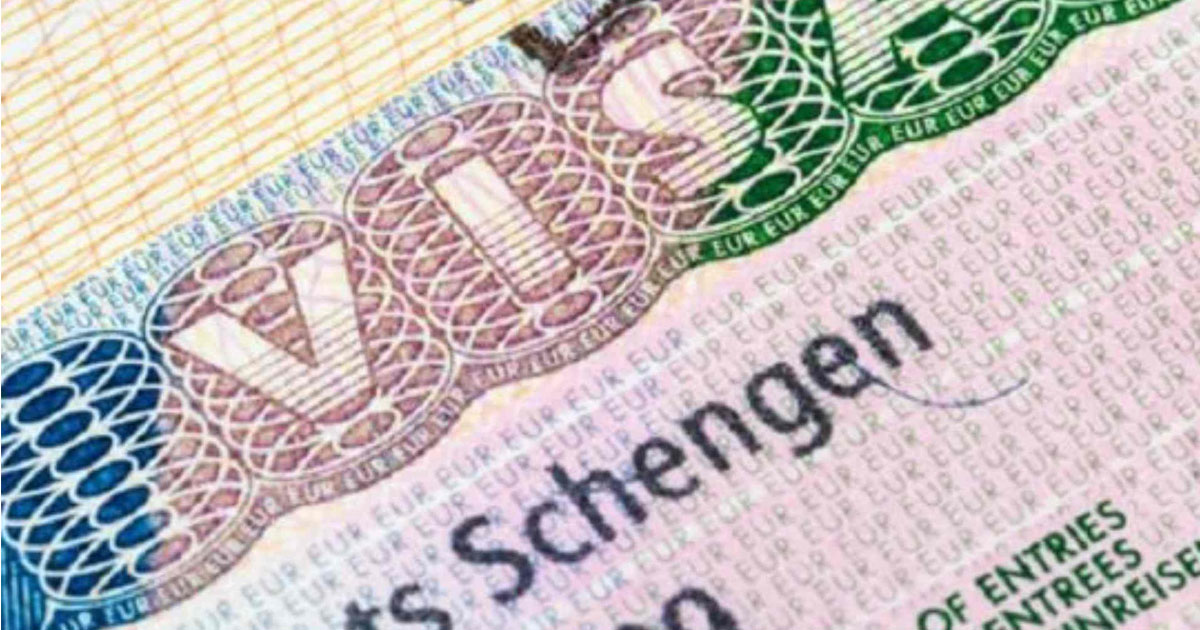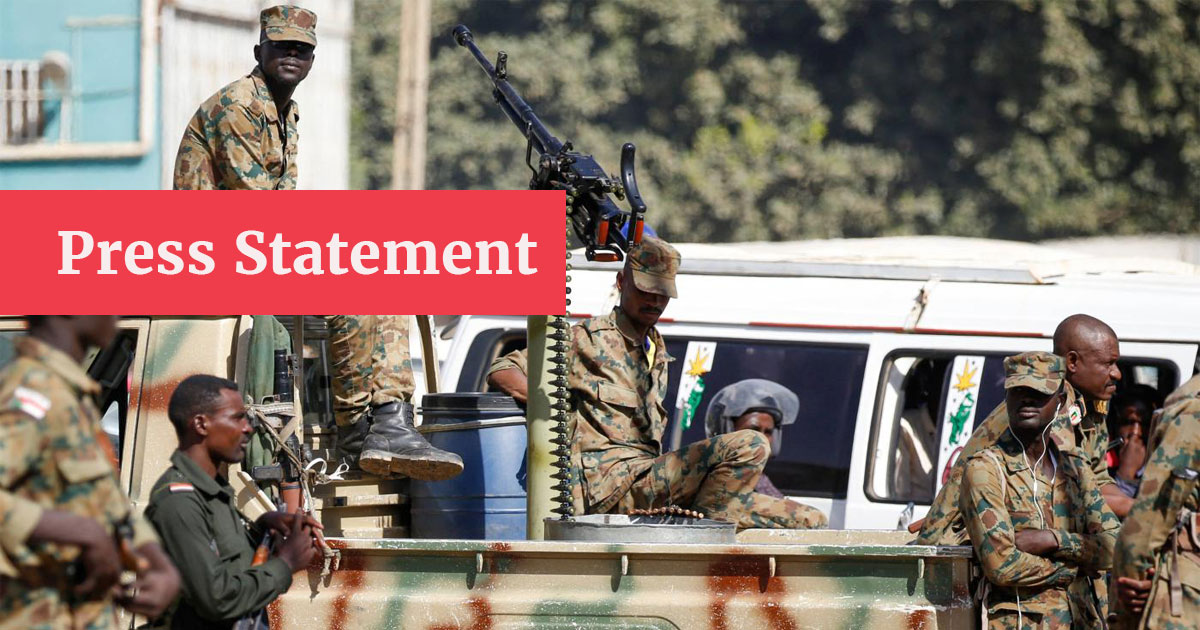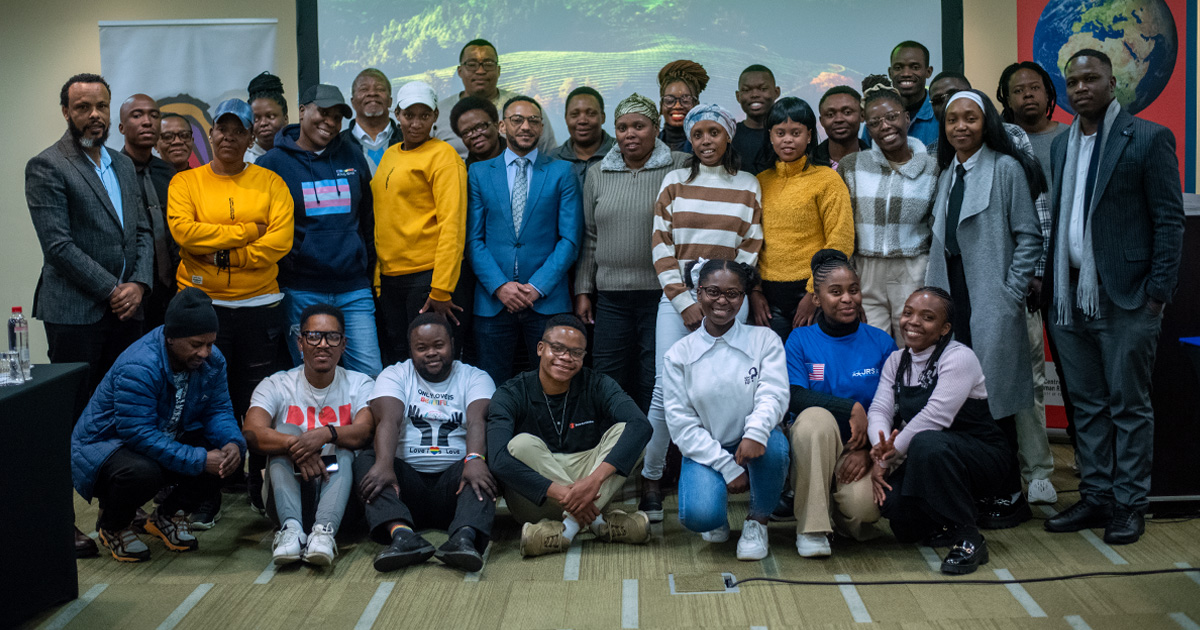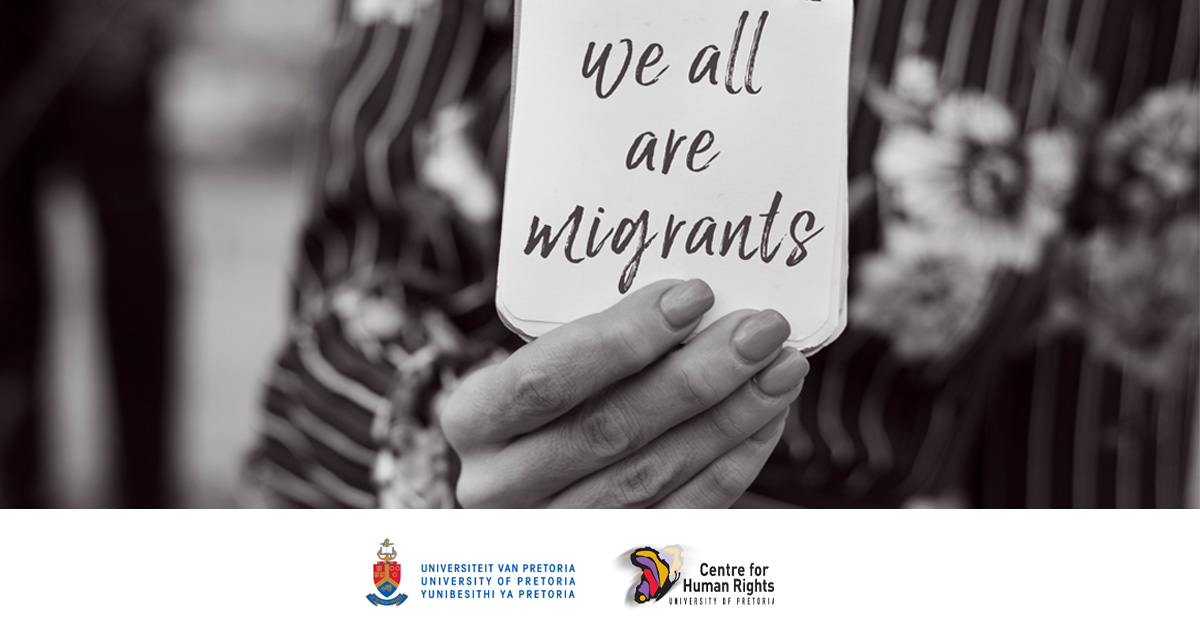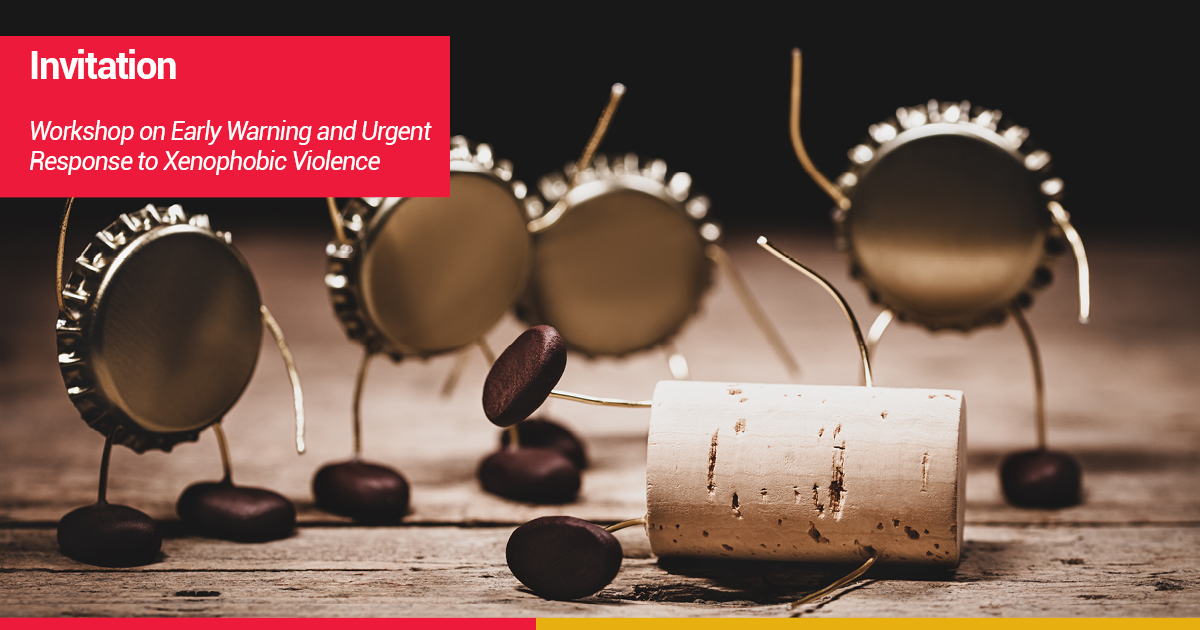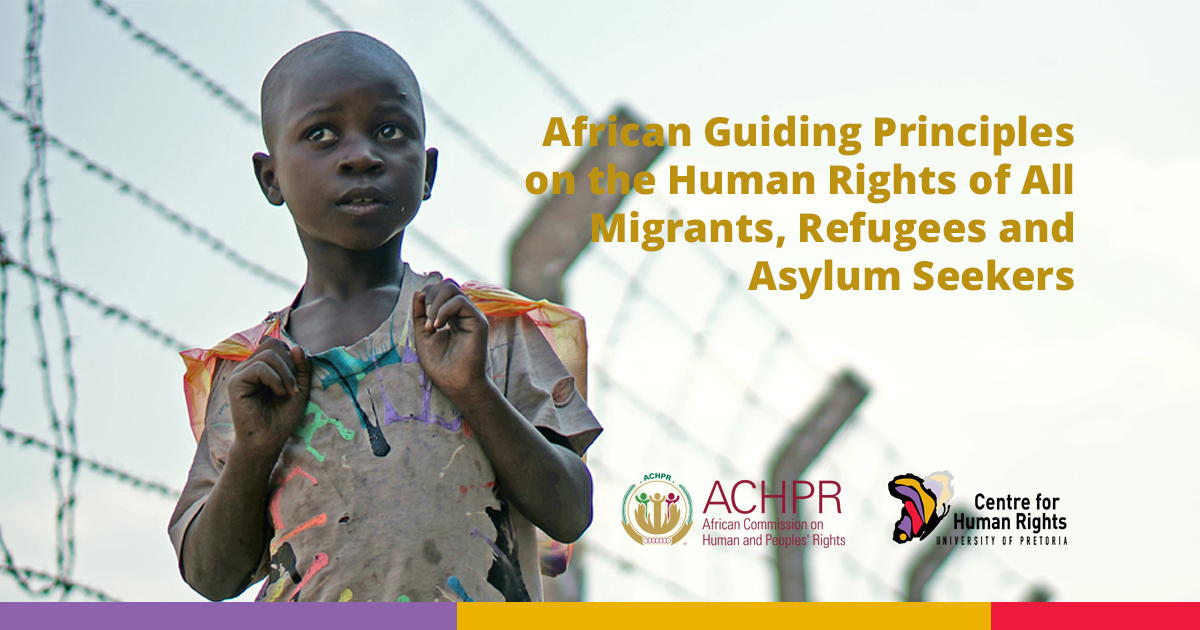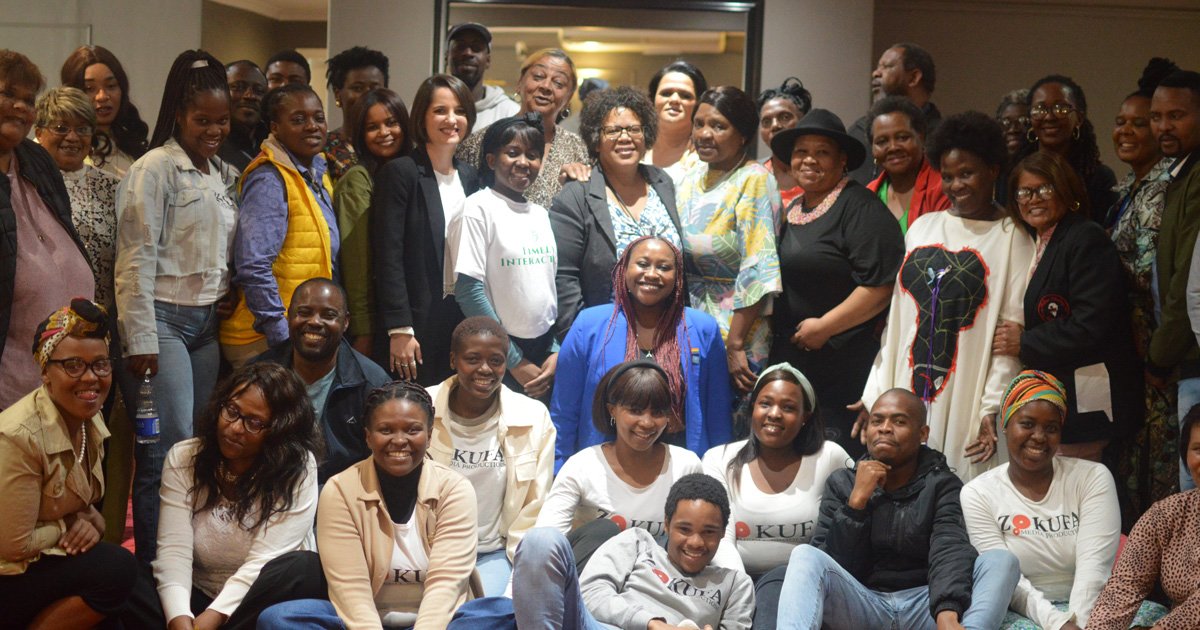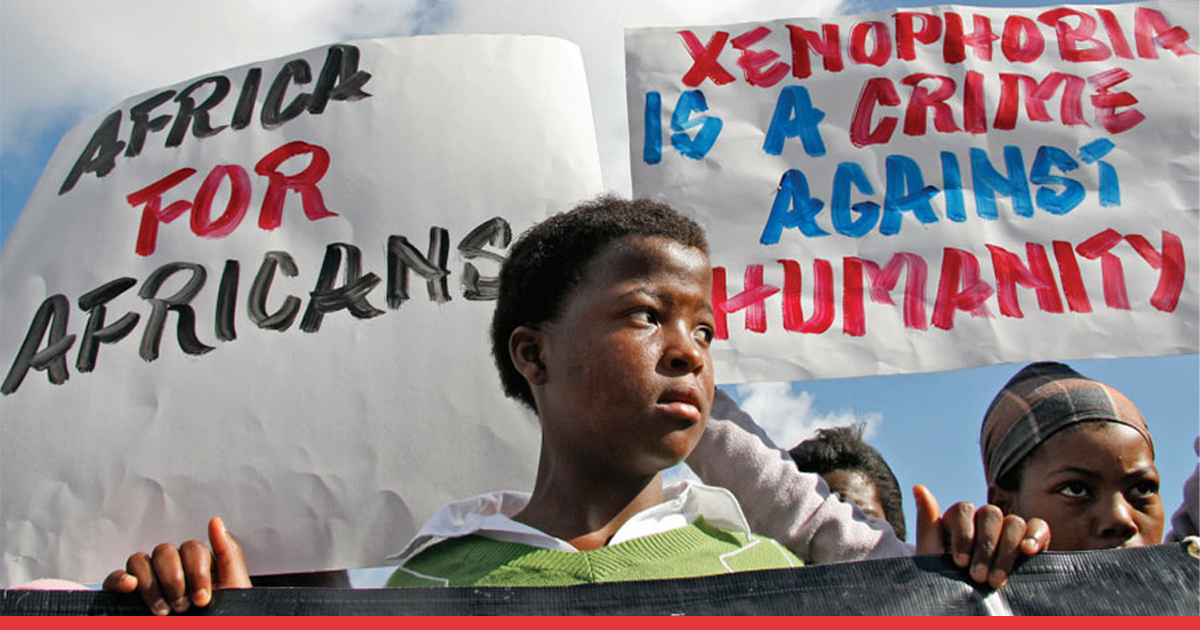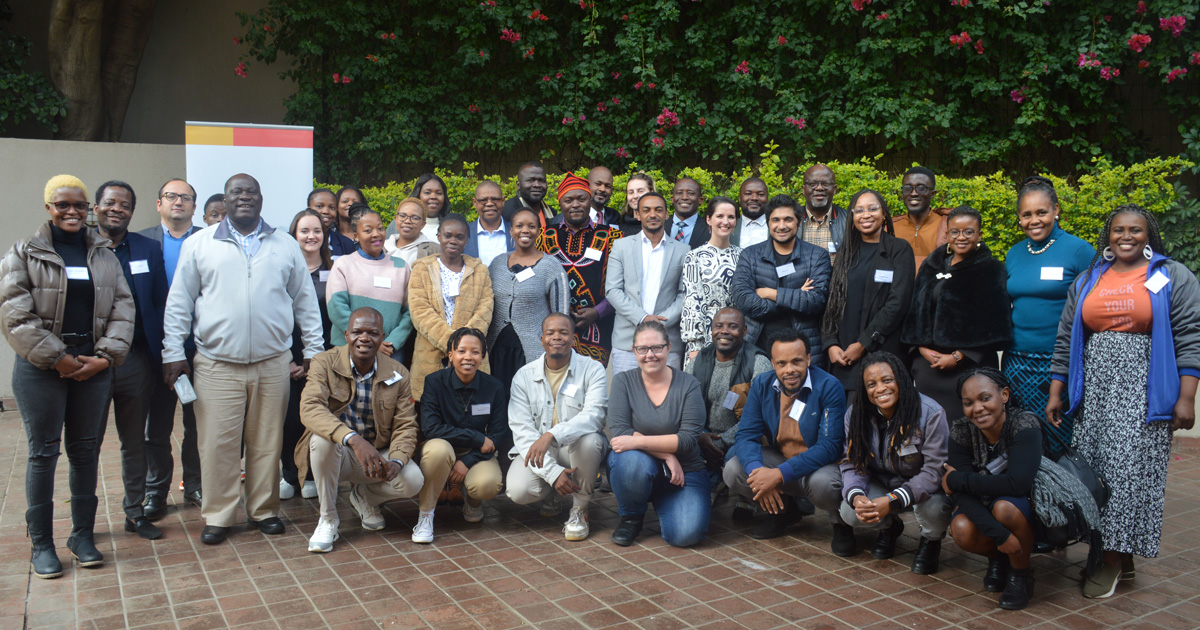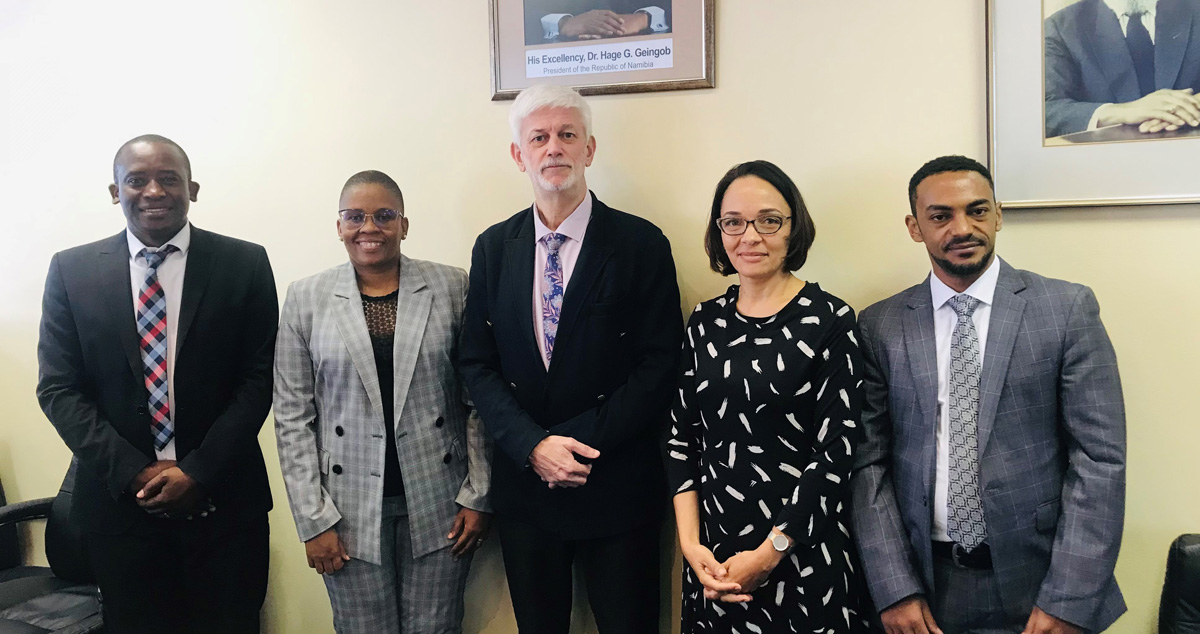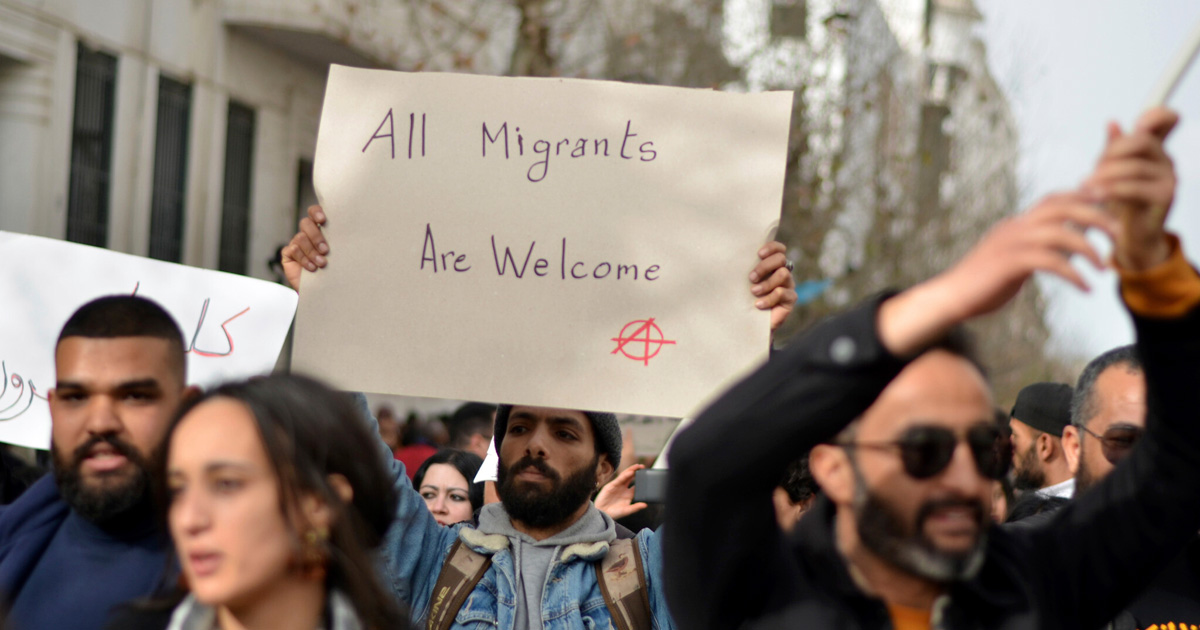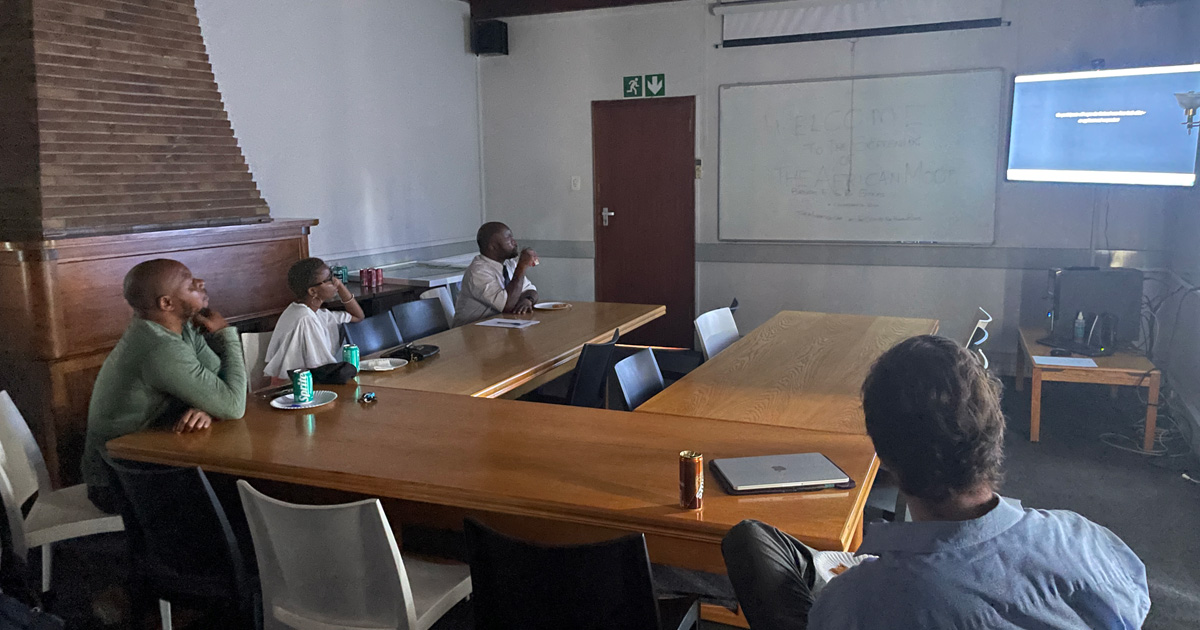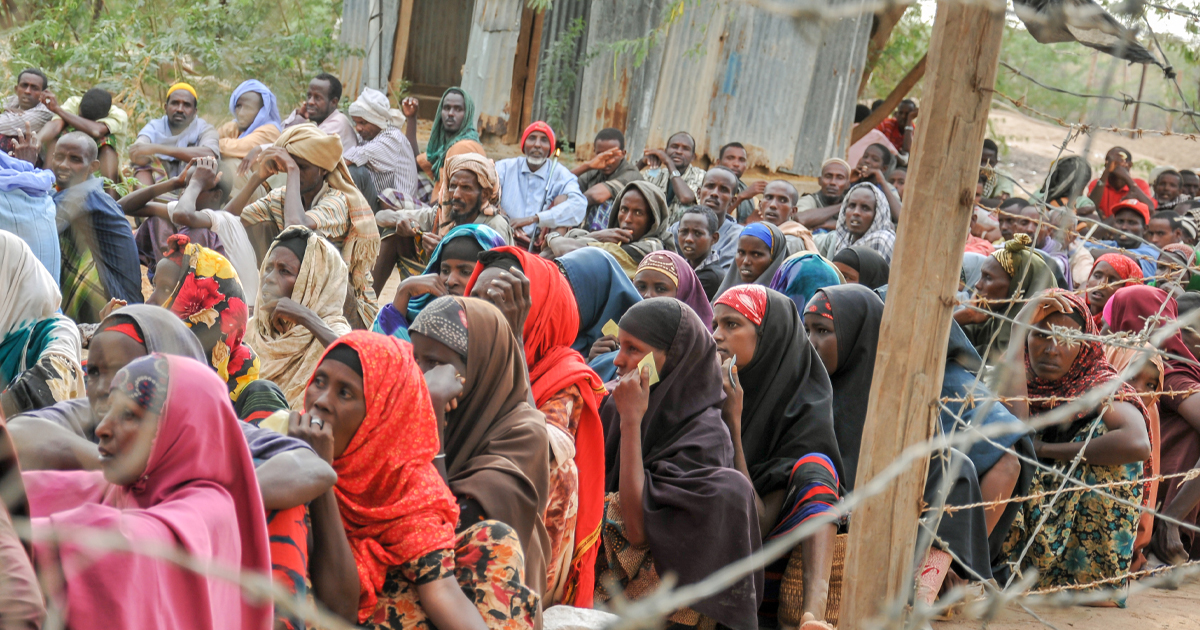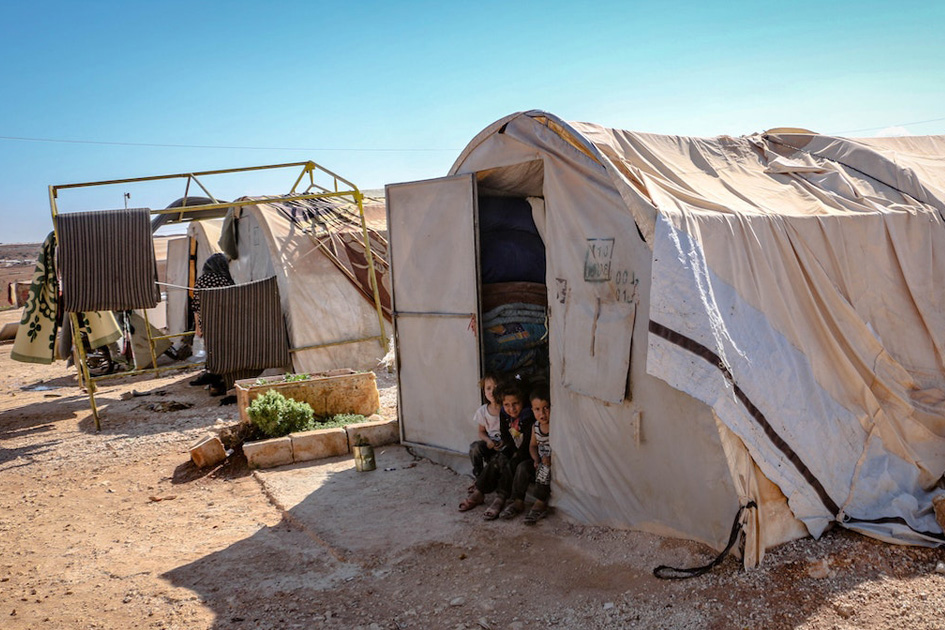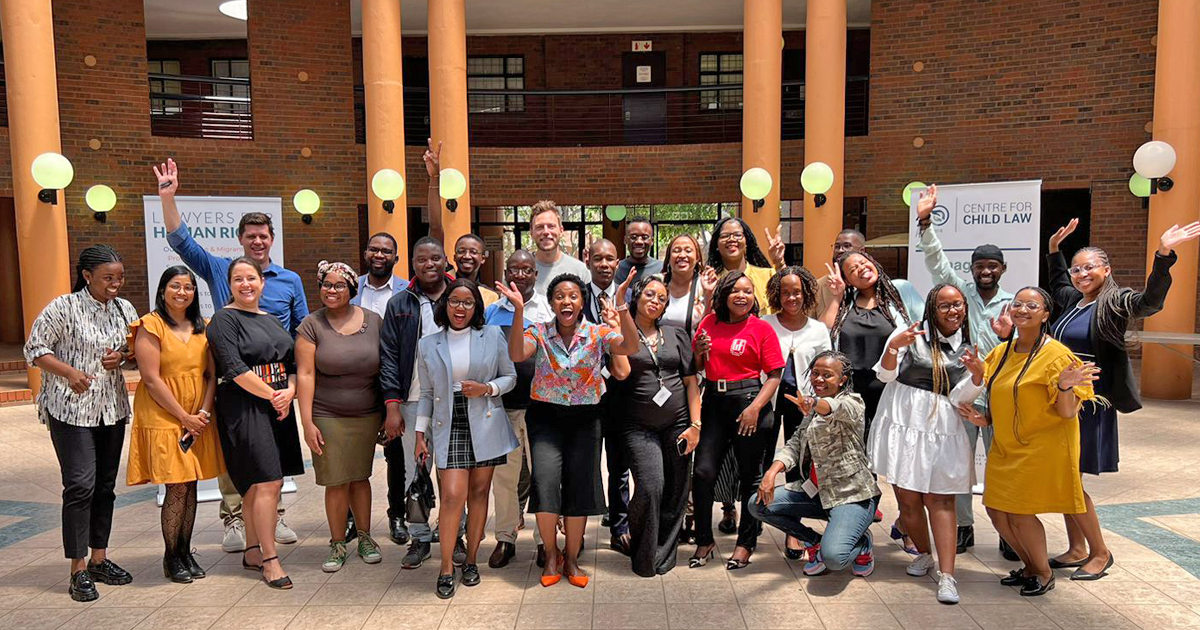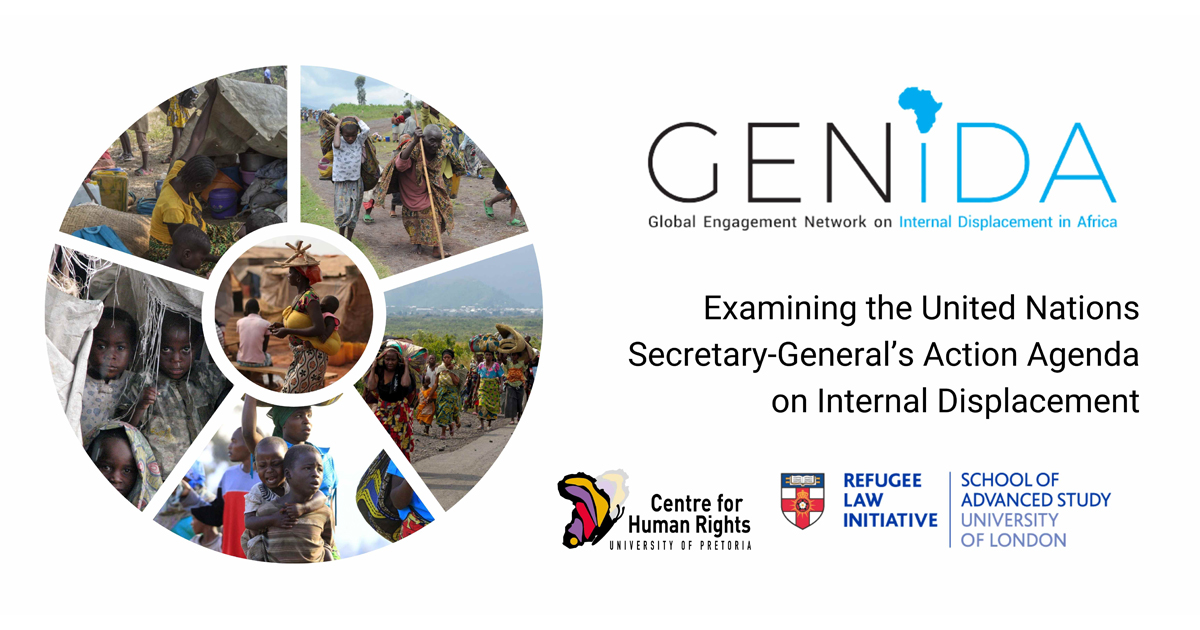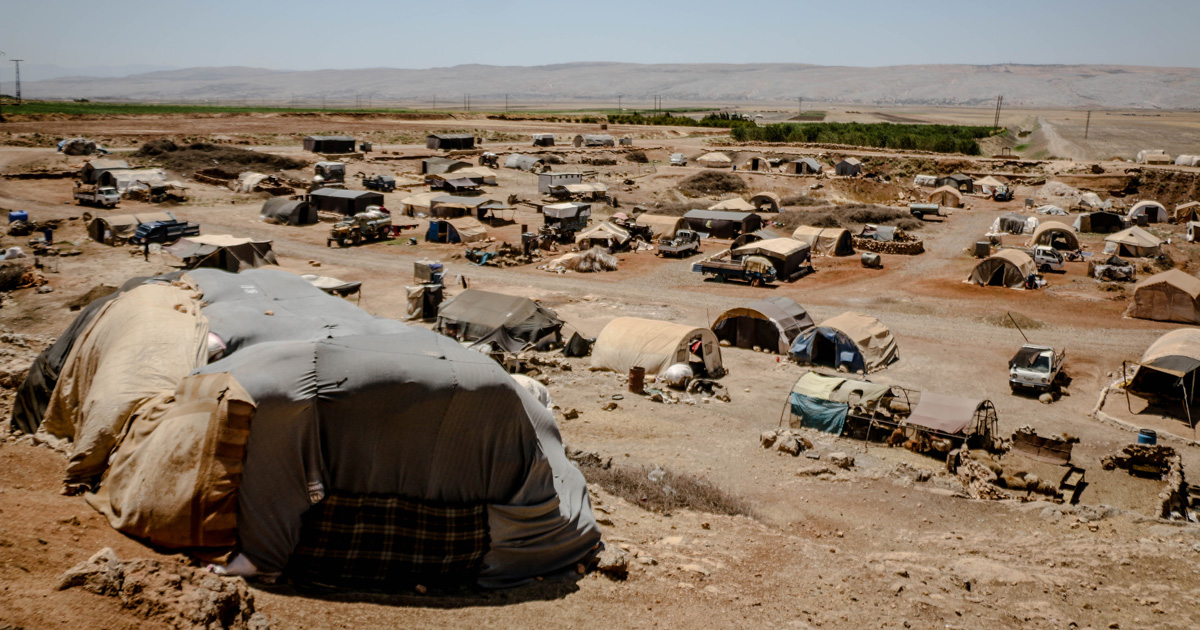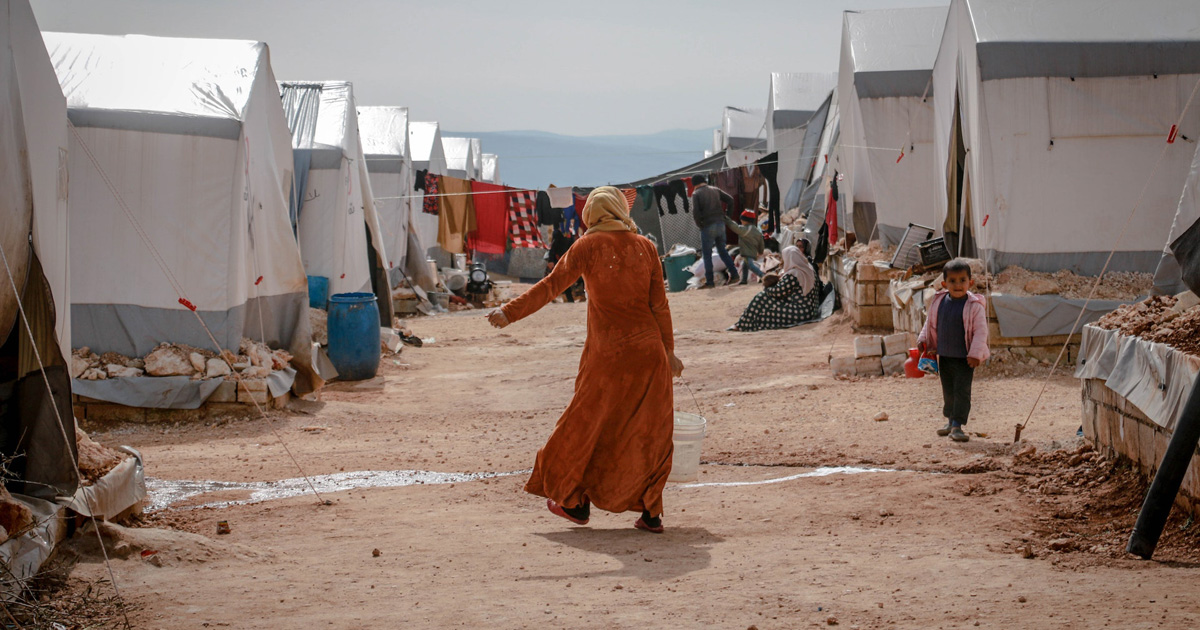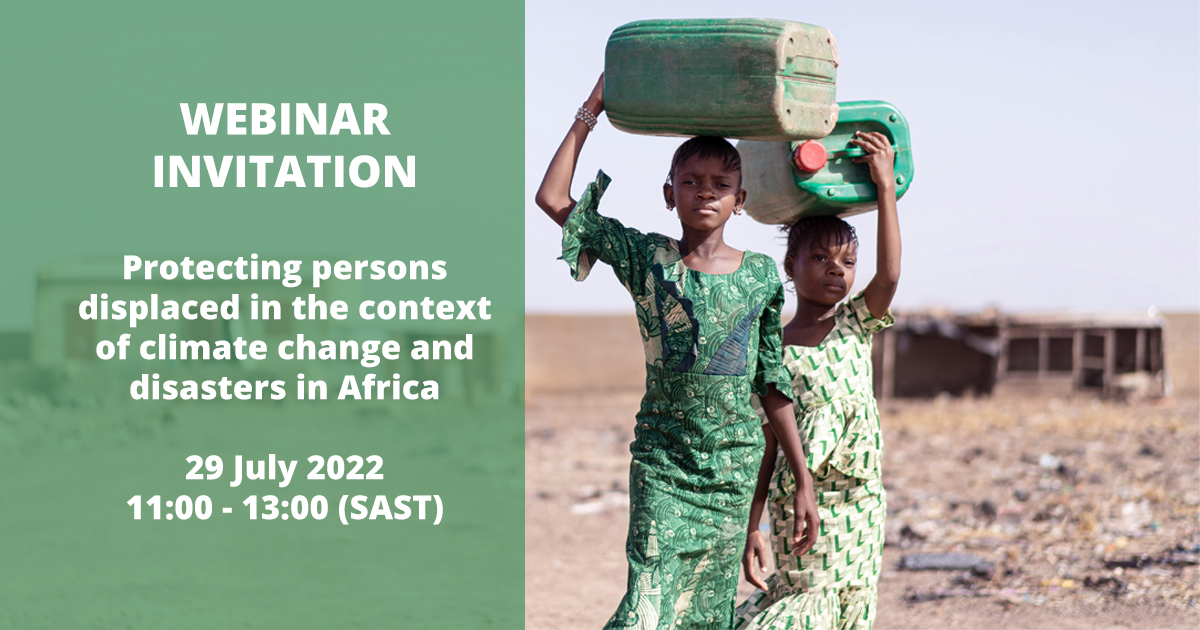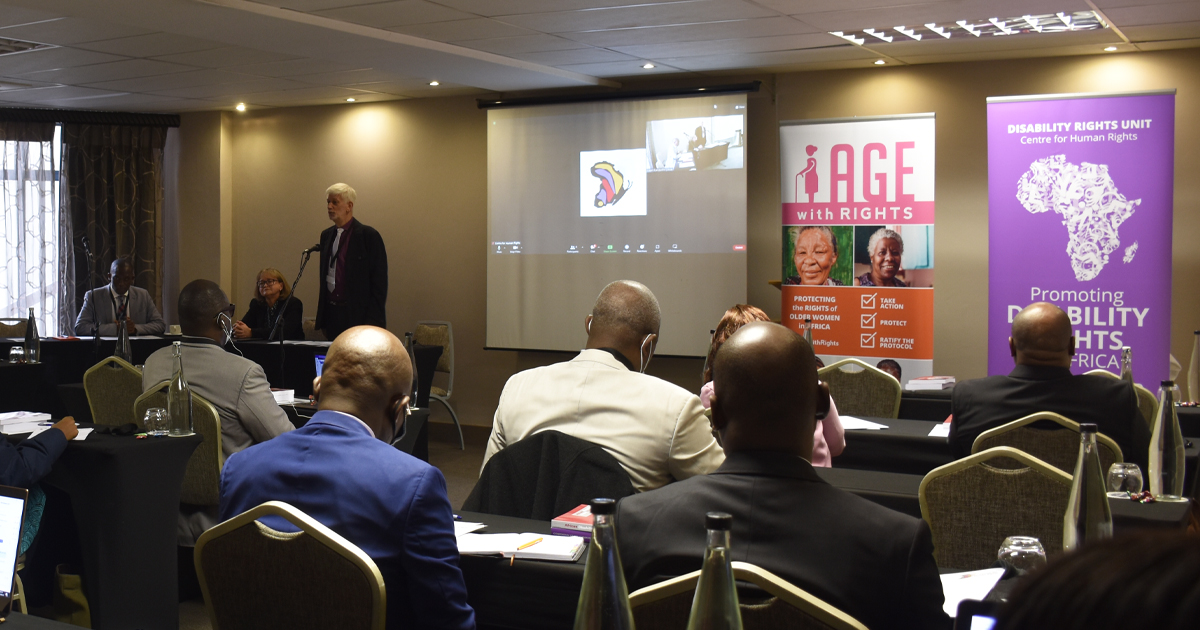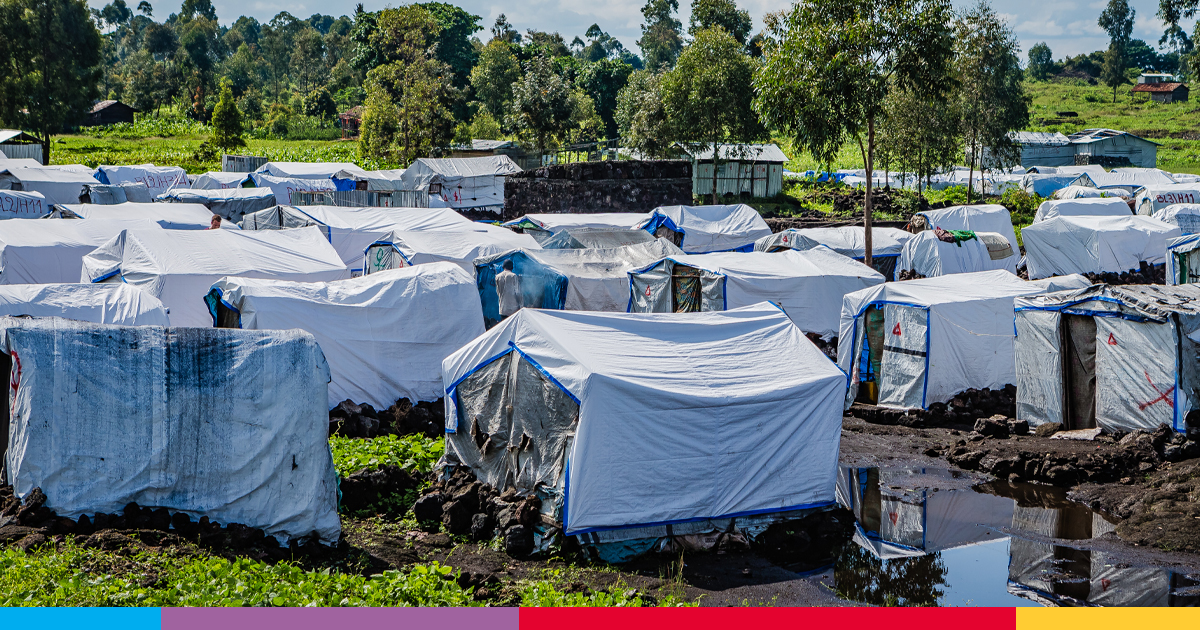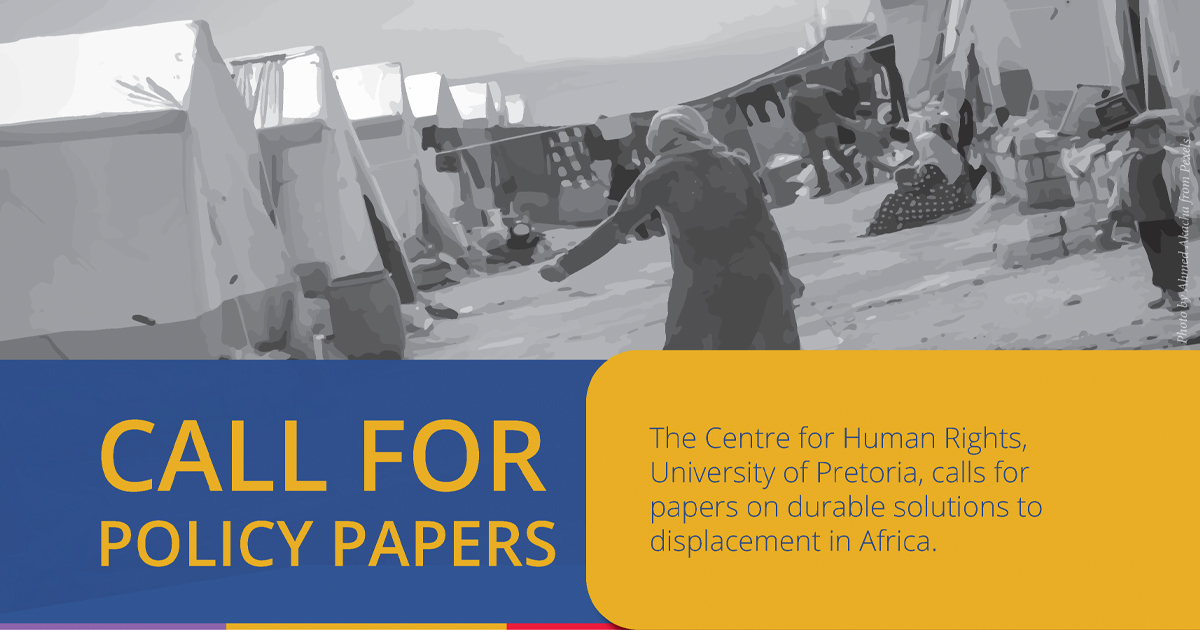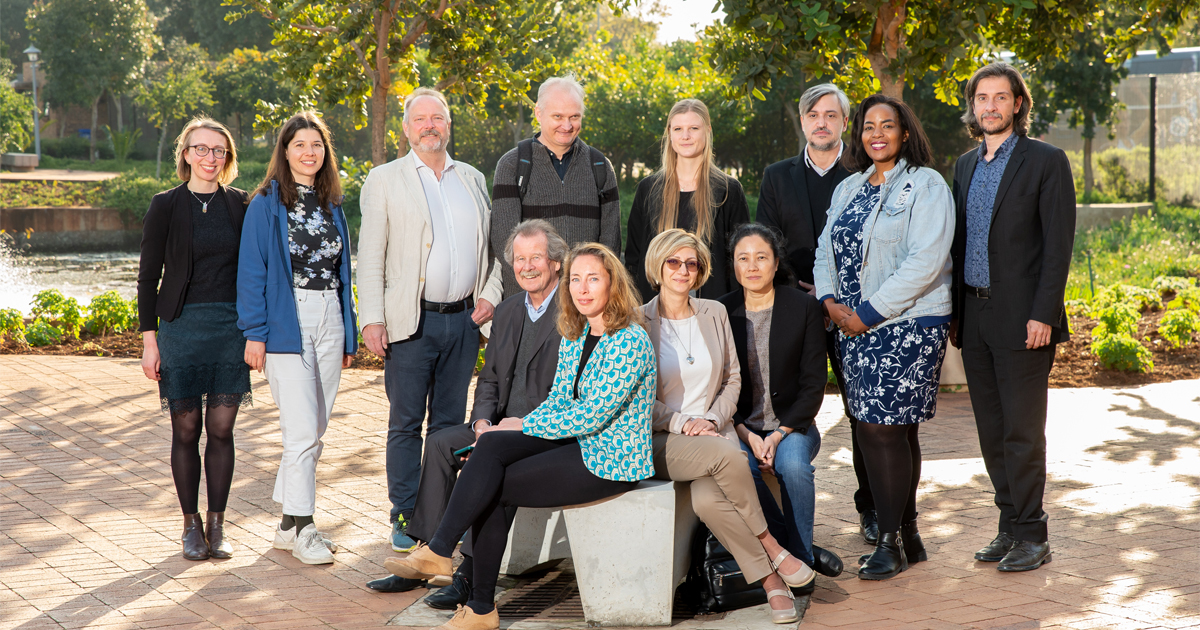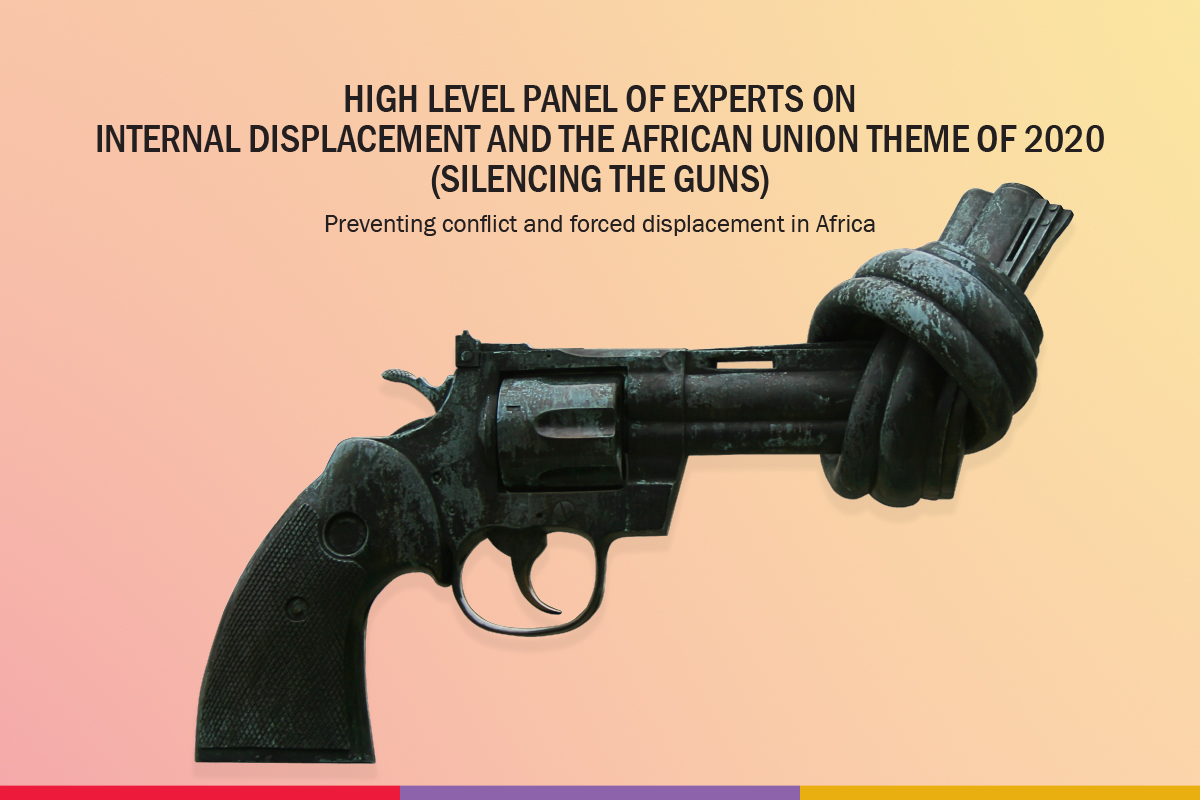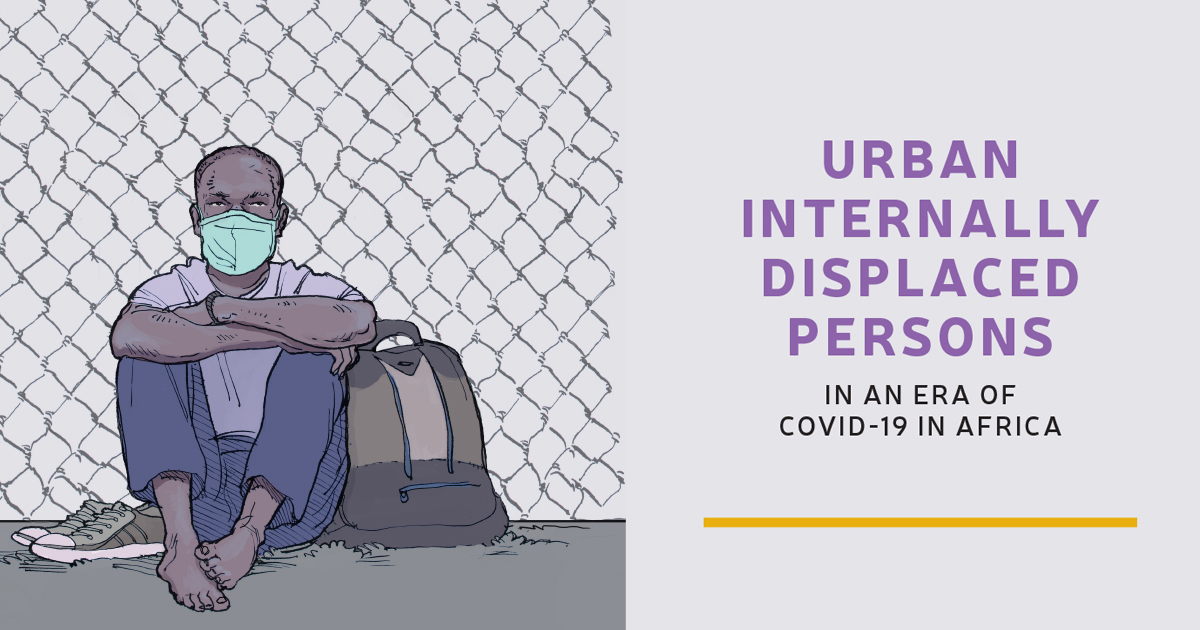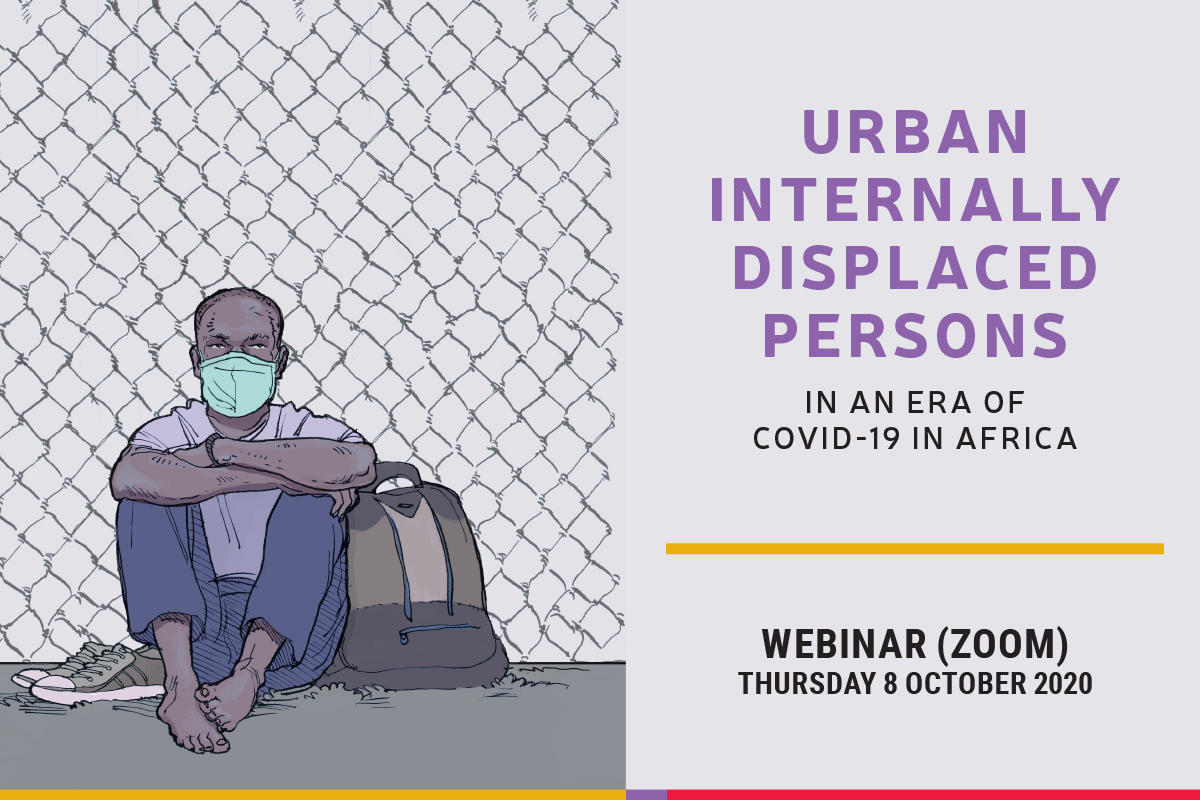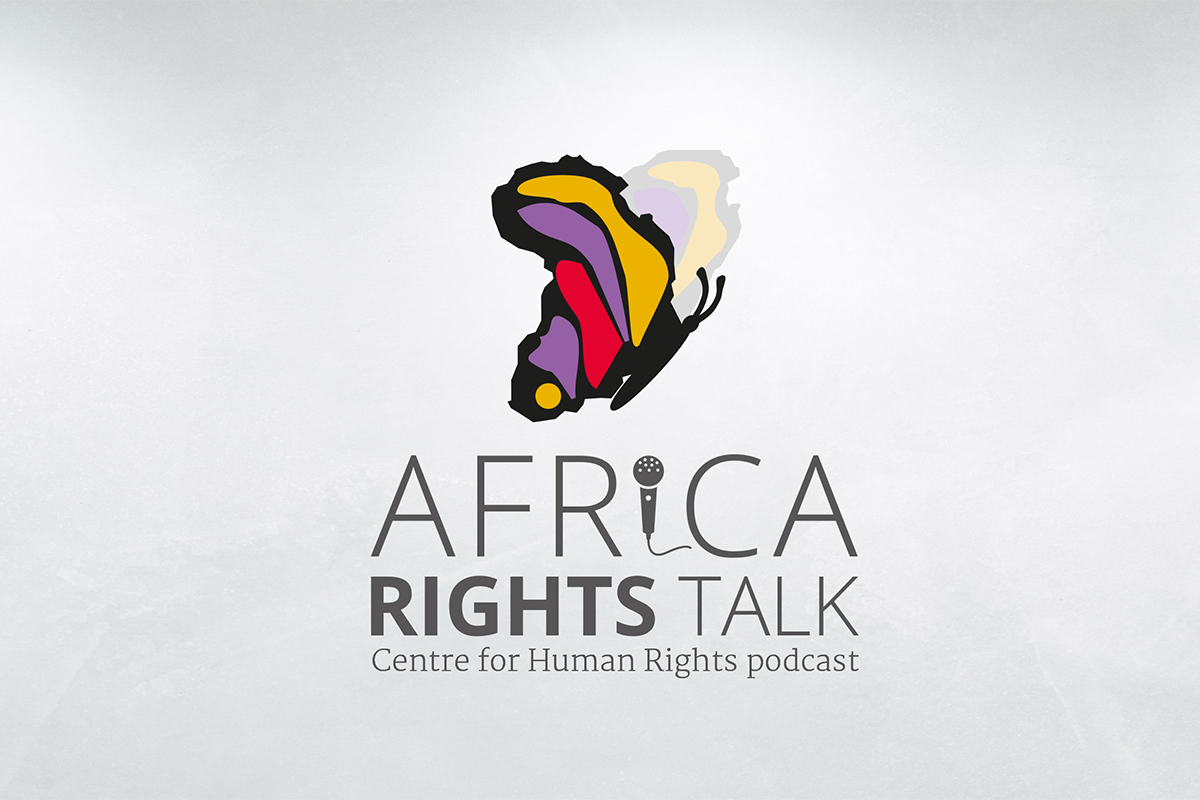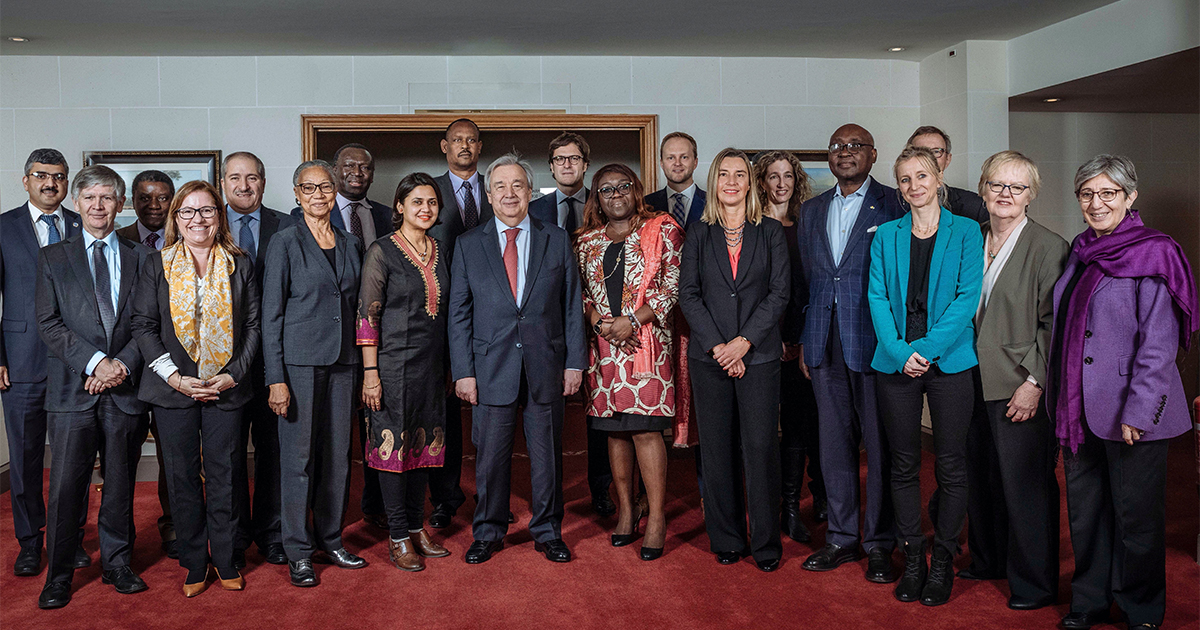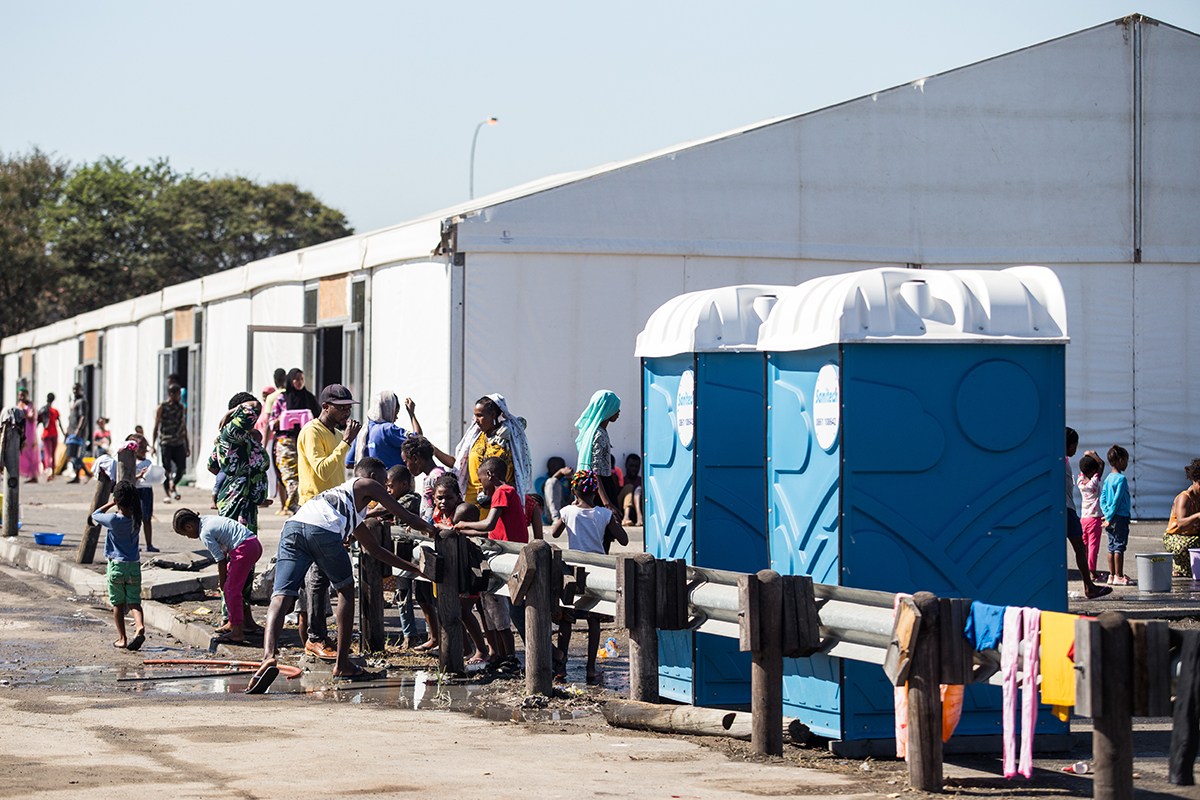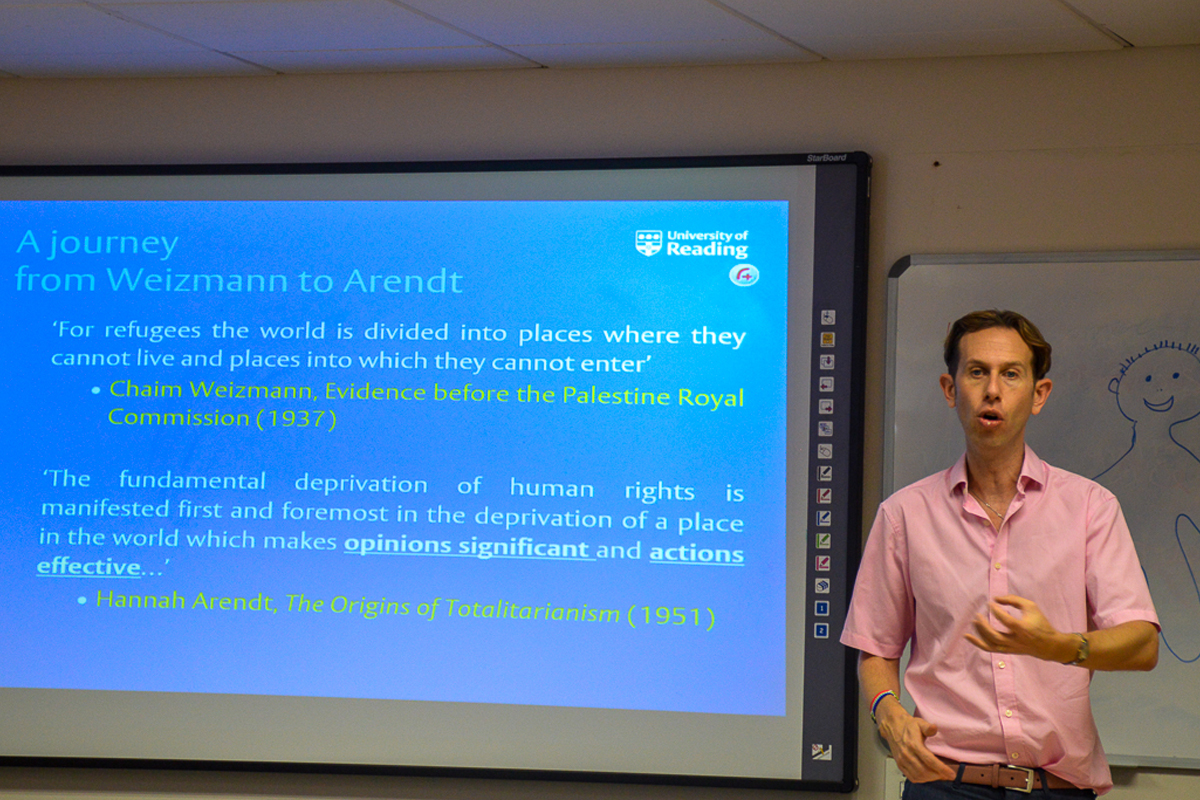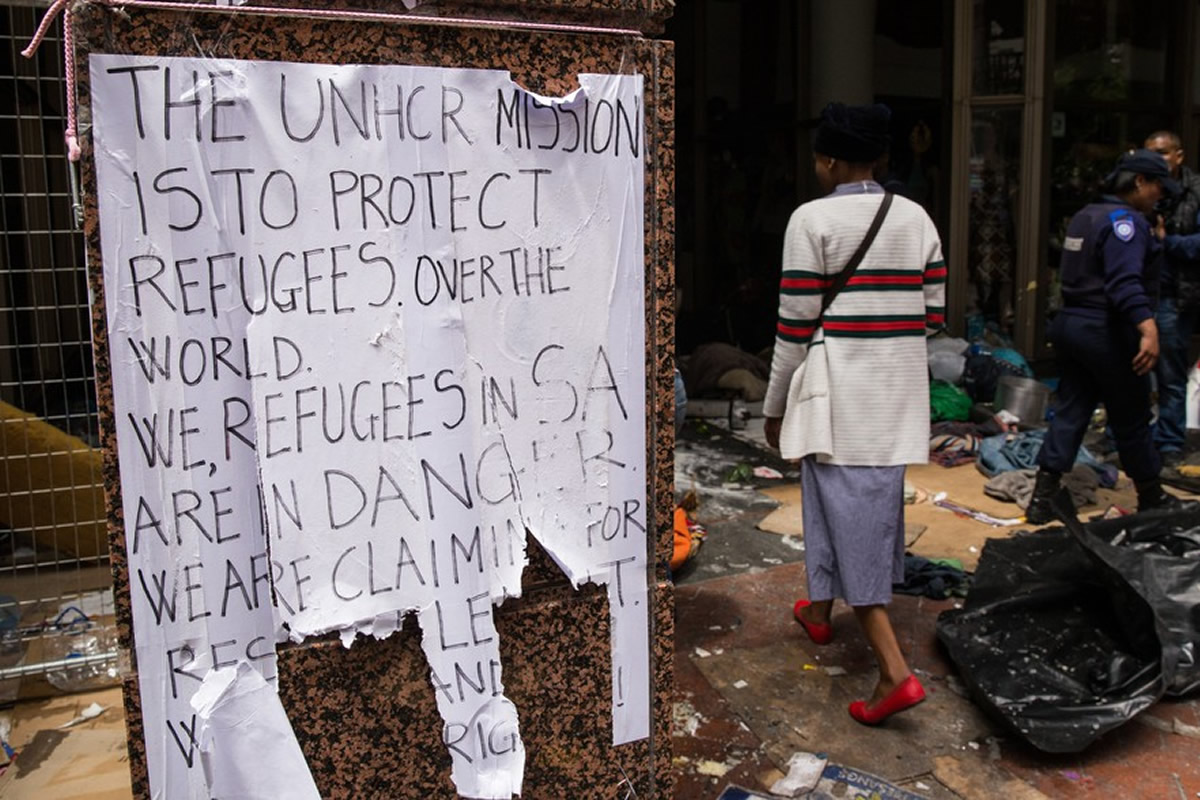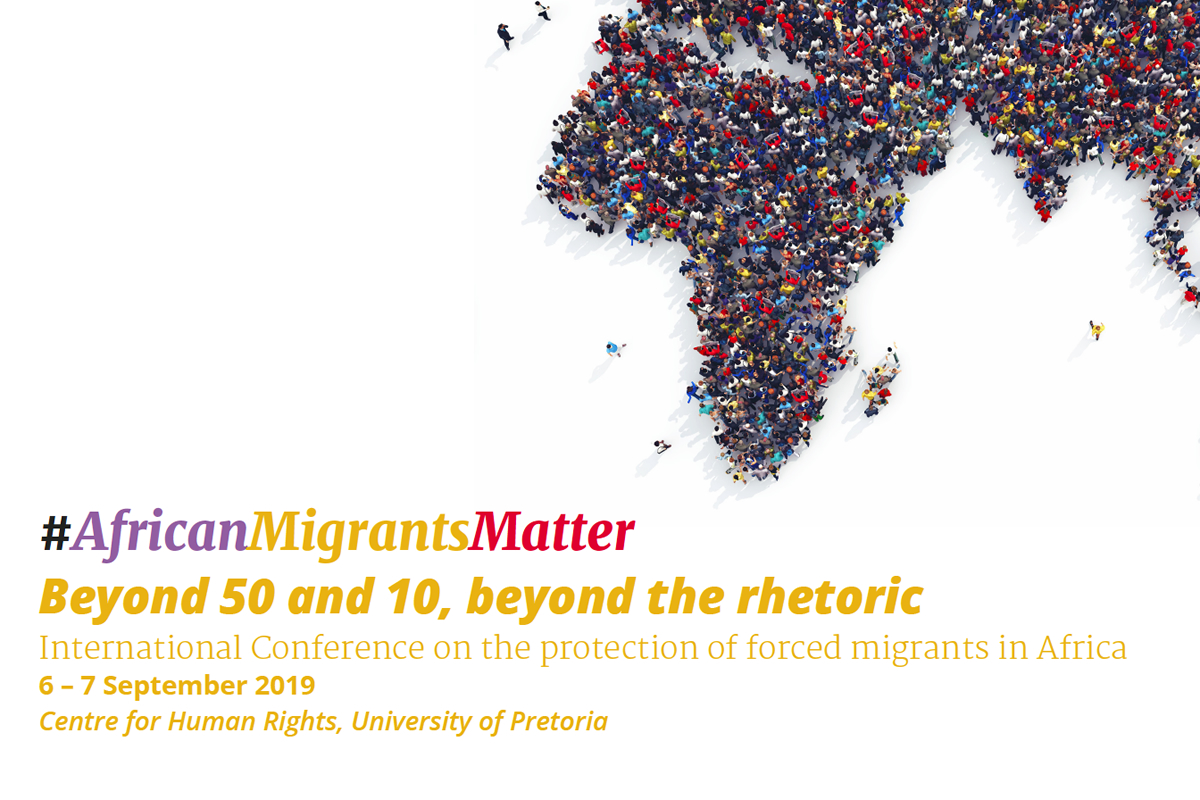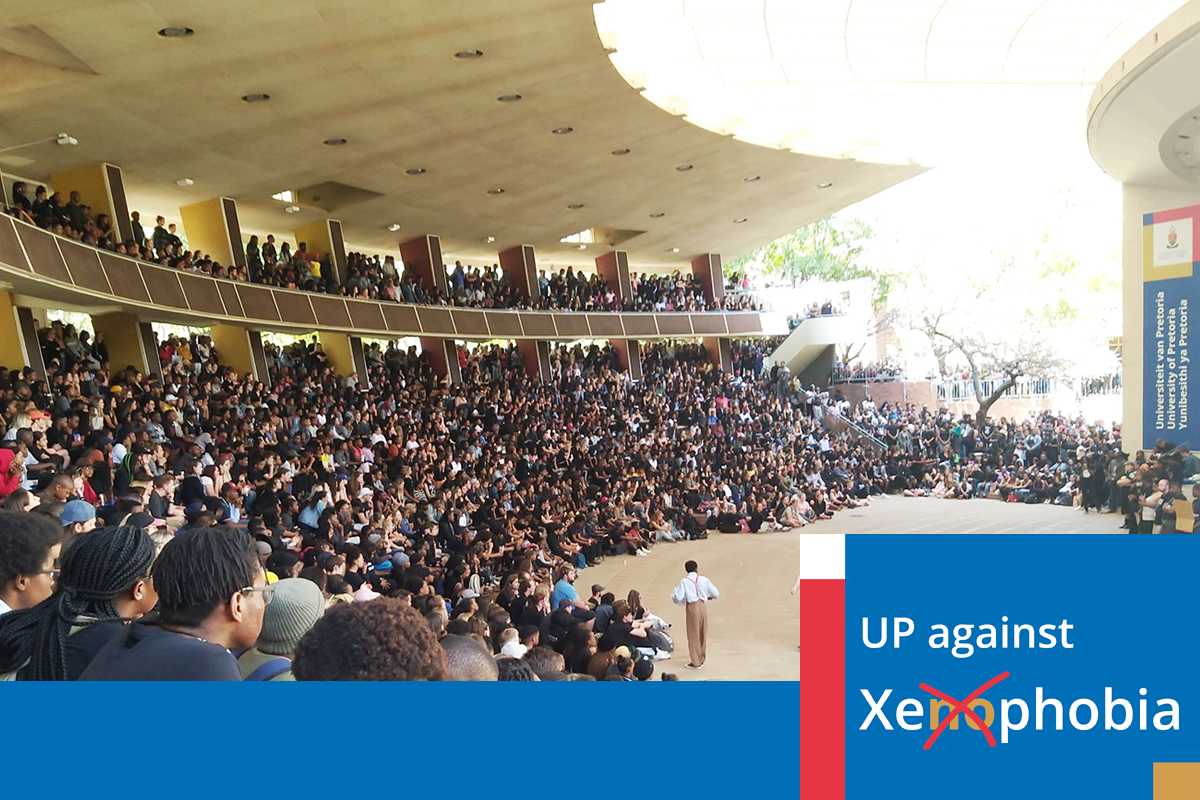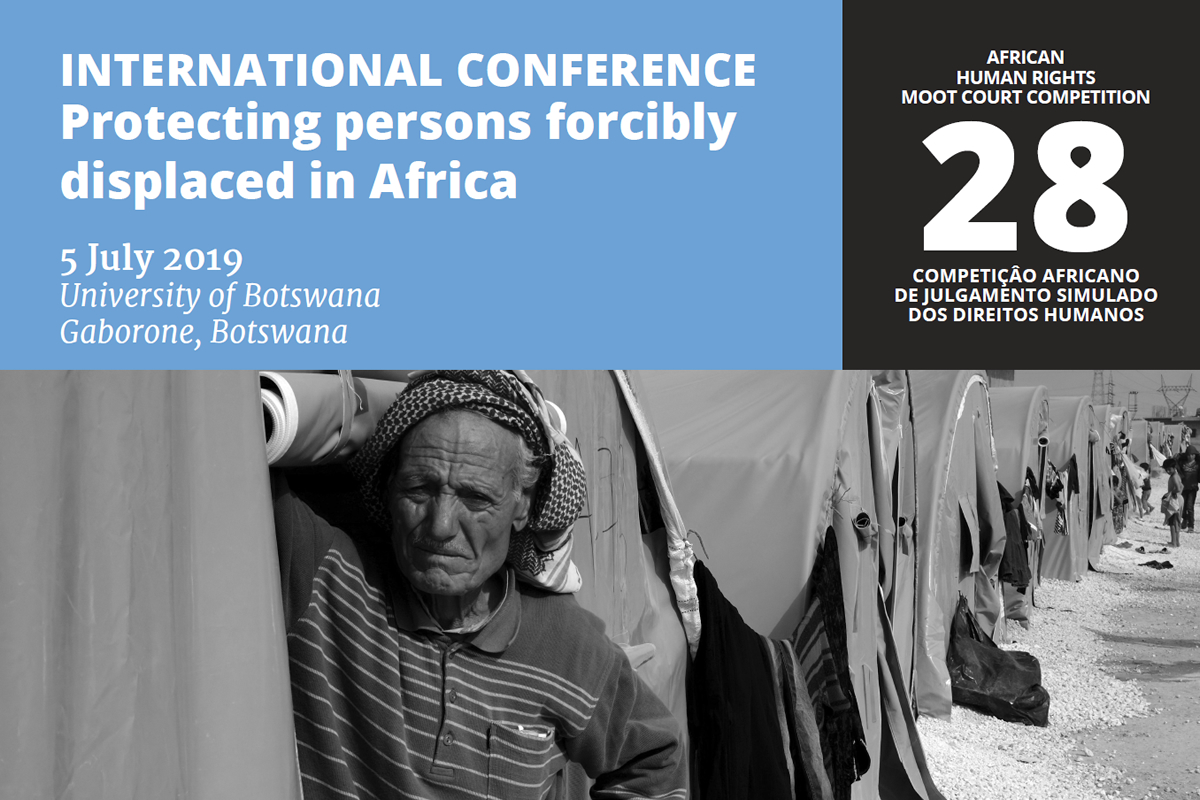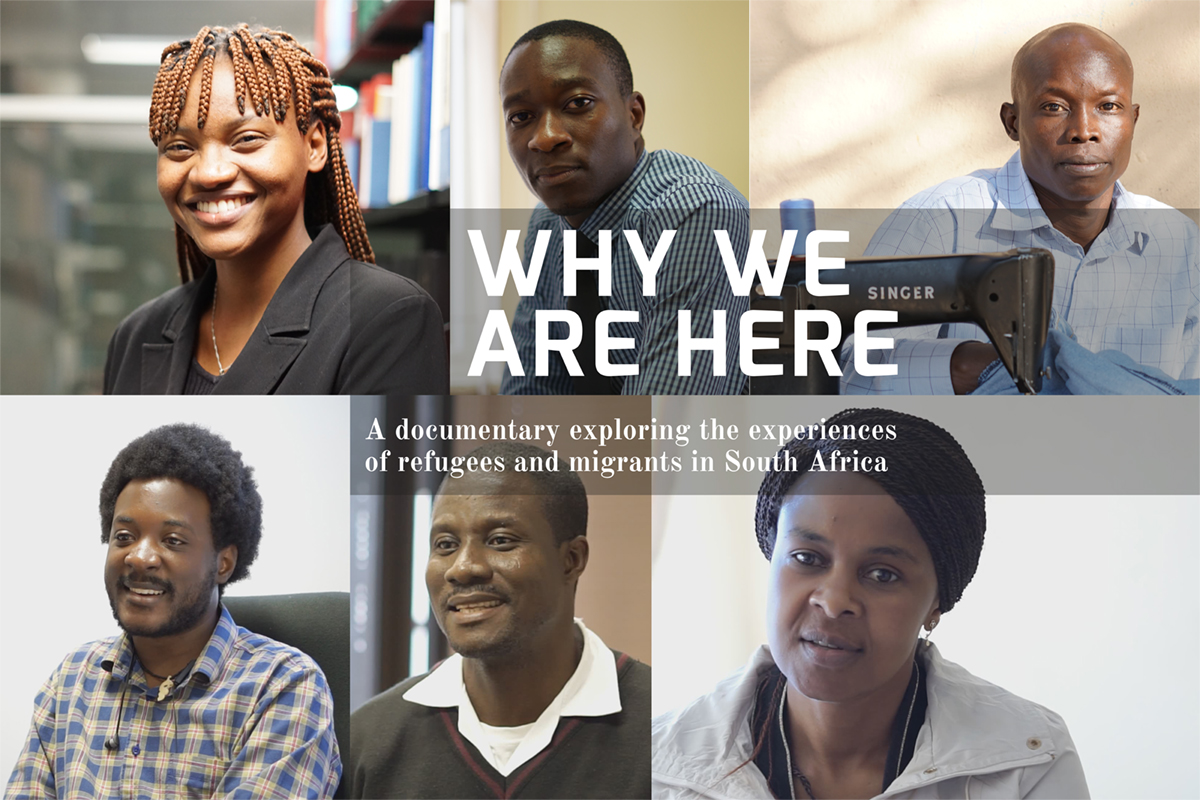- Details
The CHR is looking for a qualified consultant to conduct research on the social protection accorded to lesbian, gay, bisexual, transgender, intersex and queer (LGBTIQ+) persons, including LGBTIQ+ refugees and asylum seekers, in various African countries.
Download Terms of Reference
Namibia Tanzania South Africa Malawi Botswana Zambia Zimbabwe
- Details
In an era of global interconnectedness, movement of persons remains a vital driving for improved economic growth. However, in recent years, African visa applicants face disproportionately high rejection rates when applying for Schengen visas compared to other regions. In 2022, Africa nationals topped the list of most rejections with one in three of all processed applications being turned down. This was 12.5% higher than the global average. The rejection rates for Schengen visas are generally 10% higher than the global average and ten times higher than for United states citizens. This article highlights the deep-seated biases in the Schengen visa process and advocates for necessary reforms such an equitable and accessible appeal system which states legitimate reasons for visa denials in order not exacerbate high influx of illegal African migrants risking their lives across the Central Mediterranean- the most deadliest migration routes in the world- to enter Europe. ensure a fairer and more equitable system.
by Sara Hafidh, Eden Getenet, and Dorcas Ameonu
- Details
The Centre for Human Rights, Faculty of Law, University of Pretoria is deeply concerned about the ongoing internal armed conflict in Sudan which erupted on the 15th of April 2023 between the Sudanese Armed Forces (SAF) and the paramilitary Rapid Support Forces (RSF).
The internal armed conflict began in the Sudan’s capital, Khartoum due to power struggle between the Sudanese Armed Forces (SAF) and the paramilitary Rapid Support Forces (RSF) following the 2021 coup. It has since spread over to other regions of Sudan resulting in massive human rights violations and a serious humanitarian crisis. The conflict sits at the core of Sudan’s political legacy which is characterized by impunity for grave international crimes, coups d’etat and military rule impeding Sudanese people’s struggle for democratic governance.
- Details
On 20 June 2024, the Centre for Human Rights, Faculty of Law, University of Pretoria commemorated #WorldRefugeeDay by hosting a community leaders’ dialogue at thein Southern Sun Hotel, Johannesburg. In line with the theme of World Refugee Day for the year 2024, ‘solidarity with refugees’, the event was organised to enhance the role of community leaders in promoting solidarity with refugees. A total of 37 participants drawn from refugee and other migrant organisations and refugee host communities attended the event.
- Details
On 29 April 2024, the Centre for Human Rights, Faculty of Law, University of Pretoria (Centre), with the financial assistance of the Embassy of Switzerland in South Africa, organised a workshop for grassroots organisations working in the area of the protection of migrants, migrant-led organisations, and migrants’ rights advocates on early warning and urgent response to xenophobic violence in South Africa. This workshop falls under the broader anti-xenophobia project of the Centre, which aims to counter xenophobia in South Africa and enhance the promotion of the rights of refugees and other migrants.
- Details
The Centre for Human Rights, Faculty of Law, University of Pretoria (Centre), with the financial support from the Embassy of Switzerland, will host a civil society workshop onearly warning and urgent response to xenophobic violence in South Africa. The Centre cordially invites migrants’ organisations, migrants’ rights advocates, and interested grassroots civil society organisations to participate in this workshop.
- Details
The Centre for Human Rights, Faculty of Law, University of Pretoria cordially invites you to the webinar organised to promote the African Guiding Principles on the Rights of All Migrants, Refugees and Asylum Seekers (Guiding Principles).
- Details
The Centre for Human Rights, Faculty of Law, University of Pretoria (Centre), invites qualified individuals to apply for the position of Case Study Researcher--Angola/Namibia. This is a consultancy position within a collaborative research project on the application of the 1969 OAU Convention Governing the Specific Aspects of Refugee Problems in Africa (OAU Refugee Convention) to refugee displacements in the context of the effects of climate change, environmental degradation, and disasters in Africa.
This research project is a joint effort between the Centre and the United Nations High Commissioner for Refugees Southern Africa Bureau, bringing together expertise and resources to advance our understanding of the impact of climate change, environmental degradation, and disasters on ‘public order’ within the framework of article I(2) of the OAU Refugee Convention.
- Details
On 29 August 2023, the Centre hosted a dialogue with community leaders, leaders of faith-based organisations, hospital staff, and representatives of grassroots organisations working on the protection of refugees, asylum seekers, and other migrants (migrants) in Cape Town. The dialogue is an initiative of the Centre’s which seeks to promote social cohesion, and which is necessitated by, among other factors, the need to counter anti-African migrant sentiments that have contributed to the recurrence of xenophobic violence in South Africa, mainly targeting Black African migrants.
- Details
The Centre for Human Rights, Faculty of Law, University of Pretoria (Centre), invites qualified individuals to apply for the position of Case Study Researcher--Angola/Namibia. This is a consultancy position within a collaborative research project on the application of the 1969 OAU Convention Governing the Specific Aspects of Refugee Problems in Africa (OAU Refugee Convention) to refugee displacements in the context of the effects of climate change, environmental degradation, and disasters in Africa. This research project seeks to explore the impact of climate change, environmental degradation, and disasters on ‘public order’ within the framework of Article I(2) of the OAU Refugee Convention.
- Details
The Centre for Human Rights, Faculty of Law, University of Pretoria is offering an internship opportunity within its Migrants’ Rights Unit. The intern will gain practical experience in the field of the rights of migrants.
- Details
The Centre for Human Rights, Faculty of Law, University of Pretoria (Centre), invites qualified individuals to apply for the position of Case Study Researcher. This is a consultancy position within a collaborative research project on the application of the 1969 OAU Convention Governing the Specific Aspects of Refugee Problems in Africa (OAU Refugee Convention) to refugee displacements in the context of the effects of climate change, environmental degradation, and disasters in Africa. This research project seeks to explore the impact of climate change, environmental degradation, and disasters on ‘public order’ within the framework of Article I(2) of the OAU Refugee Convention.
- Details
The Centre for Human Rights, Faculty of Law, University of Pretoria (Centre for Human Rights), cordially invites community leaders, school principals and teachers, leaders of faith-based organisations, representatives of grassroots organisations working in the area of refugees, asylum seekers, and other migrants, and hospital staff, to participate in a community dialogue in Cape Town, South Africa.
- Details
With the aim of harnessing the role of the media in positively influencing public attitudes through accurate, human-rights-based, and context-sensitive reporting on issues relating to migrants, the Centre for Human Rights, Faculty of Law, University of Pretoria (Centre), in partnership with the European Union Delegation in South Africa, conducted training for journalists, other media practitioners, and social media influencers.
- Details
The Centre for Human Rights, Faculty of Law, University of Pretoria, in partnership with the European Union Delegation in South Africa, seek to implement a structured training to strengthen the role of journalists and emerging media outlets and practitioners on accurate, human-rights based, and sensitive reporting on issues relating to migrants and refugees to counter xenophobia and other forms of intolerance towards foreigners.
- Details
On 3 April 2023, the Centre for Human Rights, Faculty of Law, University of Pretoria, held an advocacy meeting with the Minister of Justice of Namibia, Hon Yvonne Dausab, and other senior officials drawn from the Ministry of Justice, Home Affairs, and Disaster Management Directorate of the Office of the Prime Minister of the Government of Namibia. The meeting was aimed at stimulating a national conversation about the ratification by Namibia of three Protocols to the African Charter on Human and Peoples’ Rights (African Charter), and the African Union (AU) Convention on the Protection and Assistance of Internally Displaced Persons (‘Kampala’ Convention).
- Details
The Centre for Human Rights, Faculty of Law, University of Pretoria (Centre) condemns the racist remarks made by the President of Tunisia and the arbitrary arrest, detention and forced eviction of African migrants in Tunisia.
- Details
The African Moot and the Migration Unit of the Centre for Human Rights held a movie screening titled ‘African Moot’ on 15 February 2023 for CSOs in South Africa dealing with refugees and migrants.
- Details
From 21 to 25 November 2022, the Centre for Human Rights organised a 5-day intensive course on the protection of forcibly displaced persons in Africa. The course presented a human-rights perspective on the protection of forcibly displaced persons in Africa. It enhanced the knowledge of participants on fundamental legal concepts and principles related to international law on forced displacement, critical challenges in the interpretation and application of key treaty provisions, and rights-based approaches to addressing challenges and ensuring durable solutions to forced displacement in Africa.
- Details
-
Introduction
A regional instrument that addressed the protection of displaced persons out of state borders was established in 1969 as a result of the dynamics of displacement on the continent in the period following decolonisation but no instrument was developed to address the protection of persons displaced within state borders.[1] In order to address this gap and provide internally displaced persons(IDPs) in Africa with adequate protection and assistance as a result of the detrimental effect of internal displacement on peace, security, environment and development of African countries, the African Union Convention for the Protection and Assistance of Internally Displaced Persons in Africa (Kampala Convention) was established.[2] The Kampala Convention was adopted on 23 October 2009 and entered into force on 6 December 2012. Following its adoption as a legally binding regional instrument, the Kampala Convention has become a significant framework. Excluding the preamble, the Kampala Convention has 23 articles. The preamble describes the principles upon which the Convention is established. It adopts in context international frameworks such as the United Nations (UN) Guiding Principles on Internal Displacement and applies it to the situation of internal displacement in Africa.[3] Setting forth the legal basis within the framework of the African Union and the United Nations, the preamble presents the intention of the Kampala Convention. The Kampala Convention aims to prevent internal displacement, protect IDPs, and provide durable solutions to internal displacement in the Africa.[4]
- Details
In order to develop the knowledge and expertise of lawyers and legal organisations in the region on statelessness and migration in general and in the context of Southern Africa, to equip legal practitioners with skills and tools to identify people affected by statelessness, and to develop practical legal interventions to resolve statelessness, Lawyers for Human Rights (South Africa) in partnership with the Centre for Human Rights and the Centre for Child Law (South Africa) held a hybrid legal training on statelessness and migration for paralegals, candidate attorneys and junior attorneys in Southern Africa on 24 – 26 October 2022 at the University of Pretoria.
- Details
As part of our commitment to address policy gaps and find durable solutions to internal displacement, the GENIDA Network is convening a webinar to examine the Action Agenda in light of the current state and continued increase in the number of IDPs in Africa. This webinar will hear perspectives from different stakeholders regarding the UN Secretary General’s Action Agenda on Internal Displacement.
- Details
We, gathered from various parts of Africa and beyond, participants in the High-level Experts Forum on Durable Solutions to Protracted Displacement in Africa, organised by the Centre for Human Rights, University of Pretoria, held on 19 September 2022 at the Future Africa Campus of the University of Pretoria;
Deeply concerned that, according to United Nations High Commissioner for Refugees (UNHCR), at present the number of refugees, asylum seekers and internally displaced persons in Africa is around 30 million;
- Details
High-level experts forum on durable solutions to protracted displacement in Africa
Venues: Future Africa Campus, and Online
Monday 19 September 2022
- Details
The Centre for Human Rights, in partnership with the UNHCR Regional Office for Southern Africa, cordially invites you to the webinar titled ‘Protecting persons displaced in the context of climate change and disasters in Africa’.
- Details
On 23 June 2022, the Centre for Human Rights held a high-level meeting to encourage African Union (AU) member states to ratify three instruments. First, is the Protocol to the African Charter on Human and People’s Rights on the Rights of Older Persons in Africa (Older Persons Protocol), which was adopted by the AU in 2016. Second, the Protocol to the African Charter on Human and People’s Rights on the Rights of Persons with Disabilities in Africa (African Disability Protocol), adopted in 2018. Third, the Convention for the Protection and Assistance of Internally Displaced Persons in Africa (Kampala Convention) was adopted by the AU in 2009. The Older Persons Protocol and the African Disability Protocol are both not yet in force as they are yet to receive the 15 ratifications necessary for them to come into effect.
- Details
‘Access to asylum: The gateway to safety and refugee rights’ was the theme under which the Centre for Human Rights in the Faculty of Law at the University of Pretoria (UP) marked World Refugee Day during a panel discussion held recently.
- Details
Most refugees and internally displaced persons (IDPs) in Africa remain displaced for prolonged periods of time. Often, their rights are highly restricted, and they live in precarious conditions which undermine their ability to attain durable solutions. The absence of durable solutions to the plights of many displaced persons affects their lives in displacement and beyond.
- Details
Over 100 students, academics and experts from more than 50 countries joined the four-day long Global Classroom 2022 on internal displacement, amiably hosted by the Centre for Human Rights, University of Pretoria. The programme included presentations by seven student research teams on regional approaches and case studies on topics such as climate disaster-induced displacement; the impact of ongoing conflicts on displaced women and children; an analysis of the Kampala Convention and the UN Guiding Principle on internal displacement; and the role of state and non-state organisations in supporting IDPs.
- Details
The Centre for Human Rights, Faculty of Law, University of Pretoria, is concerned about the growing anti-immigrant sentiments and attacks fuelled by the recent xenophobic statements of political parties.
- Details
The year 2020 is the African Union Year of Silencing the Guns. The rhetoric provides a strong impetus for providing critical solutions to conflict in Africa. As the primary driver of internal displacement in Africa, conflict accounts for the continent’s 12.5 million internally displaced persons (IDPs). Through reflections from key experts in the African region, this webinar provides insights on critical strategies for silencing the guns and evidently preventing forced displacement in Africa.
- Details
On 8 October 2020, the Centre for Human Rights, Faculty of Law, University of Pretoria, in collaboration with the Global Engagement Network on Internal Displacement in Africa (GENIDA), hosted a webinar on the situation of urban Internally Displaced Peoples in time of COVID-19 and how protection can be secured and enhanced.
- Details
The Centre for Human Rights, Faculty of Law, University of Pretoria, in collaboration with the Global Engagement Network on Internal Displacement in Africa (GENIDA), cordially invite you to a webinar on the situation of urban IDPs in an era of COVID-19 and how protection can be secured and enhanced.
- Details
An analysis of the deteriorating human rights situation in Zimbabwe
In conversation with Mr Brian Kagoro
- Details
The Global Engagement Network on Internal Displacement in sub-Saharan Africa (GENIDA), which forms part of the global Interdisciplinary Network on Displacement, Conflict and Protection (INDCaP), makes the following submission in response to the Call for Inputs disseminated by the UN High-Level Panel (HLP) in March 2020.
- Details
The Centre for Human Rights, University of Pretoria and the Centre for Applied Legal Studies, University of the Witwatersrand, are deeply concerned about the situation of migrants in the territory of South Africa during this COVID-19 crisis.
- Details
The political exclusion of refugees was discussed at a recent lecture hosted on 18 February 2020 by the Centre for Human Rights, University of Pretoria. The theme of the lecture was on the voting rights of refugees. Students on the Master’s programmes in Human Rights and Democratisation in Africa (HRDA) and Multidisciplinary Human Rights (MDHR) were also in attendance.
- Details
Exploring issues affecting migrants in South Africa
In conversation with Ms Abigail Dawson
- Details
The Centre for Human Rights, University of Pretoria, is deeply concerned about the eviction of refugees and asylum seekers who were holding a sit-in at the United Nations High Commissioner for Refugees (UNHCR) office in Cape Town, South Africa. The evictions were carried out by the South African Police Service on 30 October 2019.
The evictions were conducted in a violent manner, violating the dignity of those affected. Furthermore, scenes of children being forcibly separated from their parents are especially concerning, taking into account the standards dealing with the protection of the rights of children that South Africa has committed itself to.
- Details
What is Africanness?
In conversation with Prof Charles Ngwena
- Details
The Centre for Human Rights, Faculty of Law, University of Pretoria, is hosting a two-day conference, on 6 and 7 September 2019 on the theme: “Beyond 50 and 10, beyond the rhetoric: The protection of forced migrants in Africa”.
- Details
The Centre for Human Rights, University of Pretoria, strongly condemns the recent xenophobic violence and attacks against foreign nationals in South Africa. The Centre calls on the government to develop a targeted intervention strategy. The cycle of outrage, followed by commitment to take action, but then inevitably fading into inaction, should be broken.
- Details
On 5 July 2019, the Centre for Human Rights, University of Pretoria in conjunction with the Faculty of Law, University of Botswana organised an International Conference on the Protection of Persons Forcibly Displaced in Africa in Africa. The Conference was held as part of the #AfricanMoot2019 in Gaborone, Botswana. Presenters were drawn from a wide range of backgrounds focusing on a plethora of issues relating to the issue of forced displacement in Africa.
- Details
The United Nations General Assembly decided that 20 June would be celebrated as World Refugee Day in Resolution 55/76. The significance of this day is to highlight the situation refugees across the world are facing and urge the global community to stand in solidarity with them. To mark this day, the Advocacy Unit of the Centre developed a documentary as part of the #AfricanMigrantsMatter campaign.

